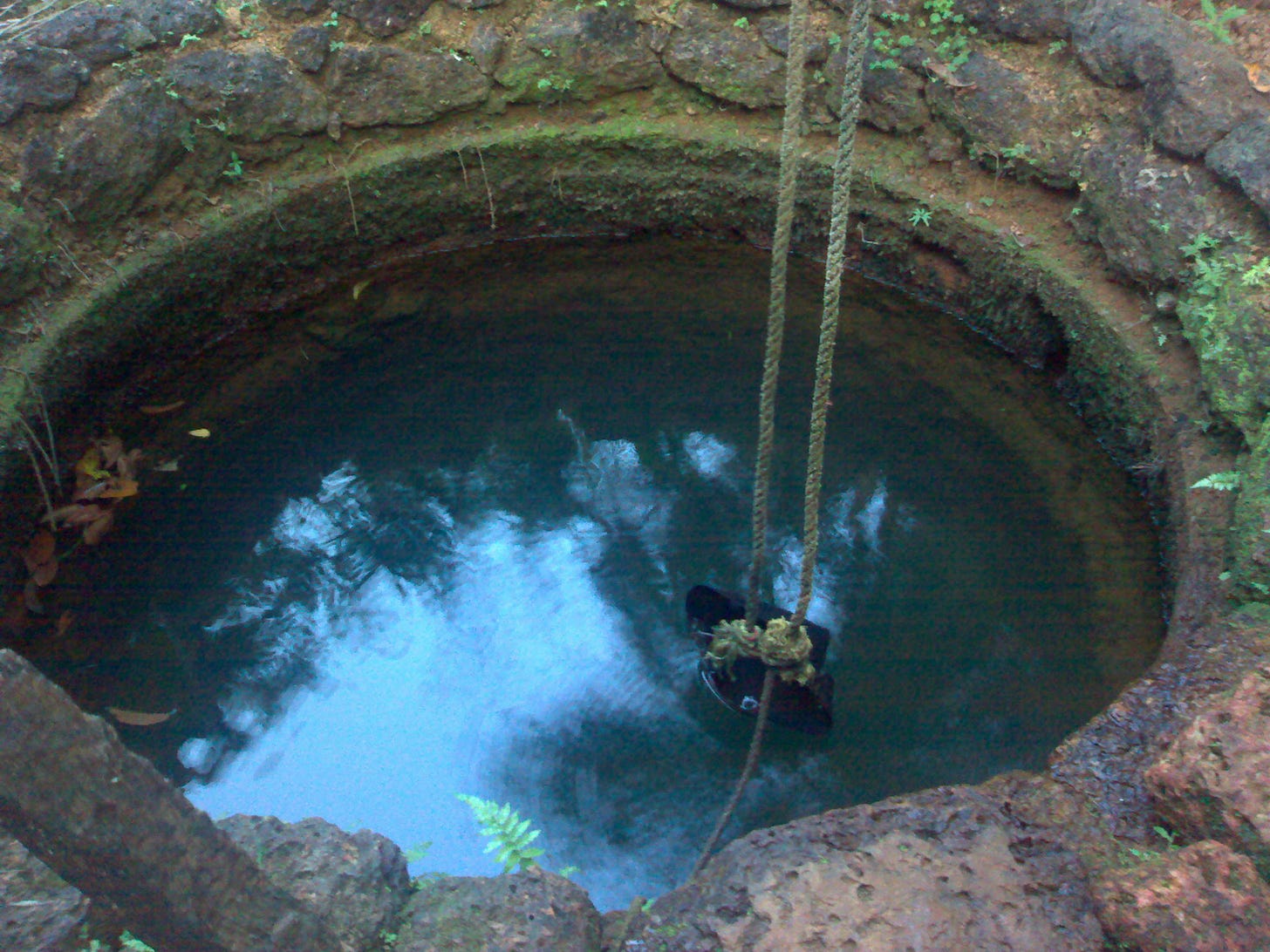
It’s all too easy not to notice, especially if you aren’t a classicist yourself, the classicism of Robert Frost (1874–1963). As the mid-20th-century critic Gorham Munson notes (in an essay called, in fact, “The Classicism of Robert Frost,” published in 1964), it was Frost’s dubious fortune, as he rose to literary prominence in the 1910s and 1920s, to be miscategorized.
Yvor Winters, as Munson points out, mistakenly dismissed him as an “Emersonian Romantic,” of the house and lineage of Jean Jacques Rousseau. Modernism, meanwhile, sought to claim him as its own — never mind that Frost didn’t return the compliment. His homespun-sounding American diction and his pastoral aspect sprang from a deeper, more continuous, less revolutionary well of tradition. From that deep well, his own voice issued into the century he inhabited, as fresh as the spring-fed brooks that run through his poems, as clear and bracingly cold.
Frost’s 1923 book New Hampshir…
Keep reading with a 7-day free trial
Subscribe to Poems Ancient and Modern to keep reading this post and get 7 days of free access to the full post archives.



